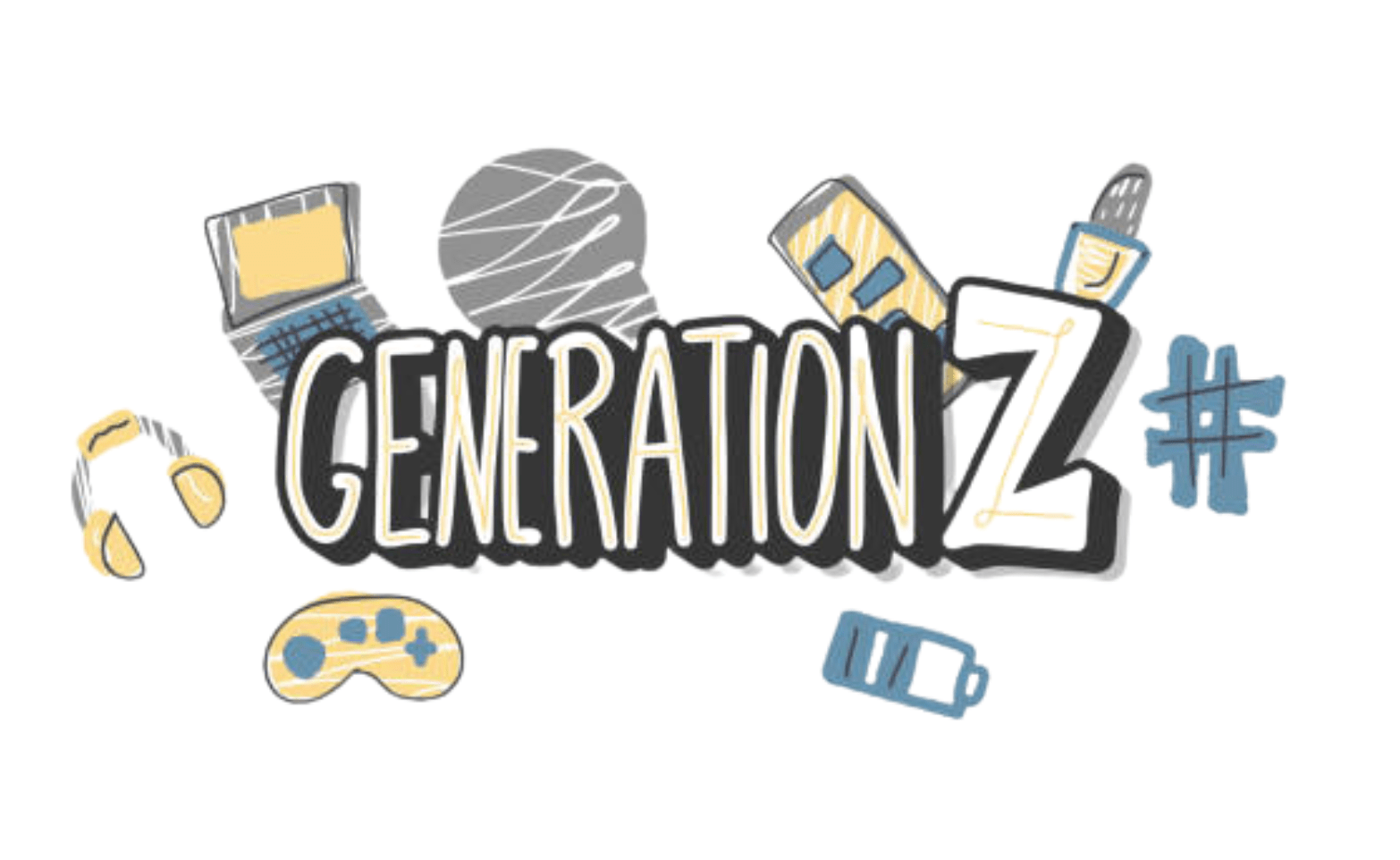By Suzana Aroko
Do you recall life before social media, where instead of ‘DM’ing’[1] your friend, relative or partner, you would put pen to paper, compose a letter, and mail it to them? If your answer to this question is ‘Yes’, you are probably not a Gen Zer.
A ‘Gen Zer’ is a member of Generation Z, a group of people who were born between mid-1990s to early 2000s. The Gen Zers were the first to be born into the era of vast technological advances and innovations, including smartphone, smart TV, and social media. That earned them the nickname of ‘Digital natives’. The oldest members of this generation have begun to enter the workforce, with unique expectations and viewpoints on the conduct of the business world. Research indicates that these youngsters bring a more adaptable, creative, growth mindset to the workplace. To lead and engage with this group, leaders need to be more empathetic, open-minded, and receptive to innovation.
Be empathetic
Having been raised around digital technology, fast-paced innovation and the gig economy, Gen Zers have their own ways of thinking, communicating, and working. Thus, leaders need to understand what matters to them, identify their strengths and enable them to effectively overcome their weaknesses.
Empathy is commonly described as the ability to put yourself in someone else’s shoes. It is essential for competent leadership. Empathy enables a leader to build and develop relations with those they lead – and often improve their performance. Can it be learned? To some extent. Some studies suggest that empathy can be learned and enhanced through training and practice.
Julieth Magambo, Assistant Commissioner for National Planning (M&E) at the Ministry of Finance and Planning, participated in a leadership programme by UONGOZI Institute in August 2020. The programme included two courses that address the role of nurturing a leader’s capacity for empathy; Personal Leadership and Emotional Intelligence. She observed:
“I lead a team comprised mainly of Gen Zers, I must be conscious of their needs and talents – and create an environment in which they can thrive. It is fascinating how this programme enables us to understand where we are on the empathy scale, and appreciate the role of empathy in improving employee productivity and retentio.”
Be open-minded
Recently, the concept of ‘intellectual humility’ has given us a better way to think about open-mindedness. Psychologists and philosophers argue that intellectual humility is the virtue that sits between the willingness to change and the wisdom to know when not to. We become open-minded when we are intellectually humble and interested in listening to the opinion of others.
Gen Zers cherish the room to learn, be heard, and be taken seriously. Open-minded leadership facilitates the opportunity for this room. Leaders need to show Gen Zers that their ideas are valued and views respected. Constructive feedback and greater face-to-face communication offer leaders greater opportunity to make genuine connections with this generation. When they do this, they foster trust, creativity, and the collaboration needed to meet organisational goals. They also develop techniques for constructively preventing, managing, and addressing conflicts that arise within the team.
Be innovative
Gen Zers are often tech-savvy, independent-minded, and unafraid of trying new things within their careers. They prefer to use technology for basically everything. To cultivate their full potential, leaders must nurture innovation and keep pace with technological transformation.
Mr. Kadari Singo, Chief Executive Officer of UONGOZI Institute, believes that Gen Zers have the power to shape the future of the workplace:
“In a constantly changing world, innovation is key to remaining resilient and relevant. Gen Zers see technology differently than us [older generations]. We must give them the opportunity to act on that to promote innovative and sustainable solutions. Principally, they are our ticket to a better future.”
To learn more about courses offered by the Institute that can help you lead and engage with this generation and others email: info@uongozi.or.tz.
1. DM’ing is an informal term, commonly used by the young generation to refer to sending a private message on social media. Origin: The Direct Message (DM) feature of the social media application Twitter.
